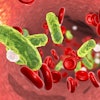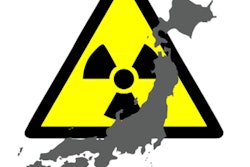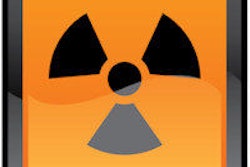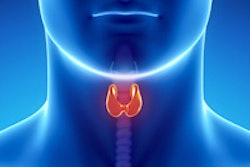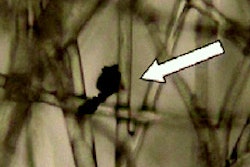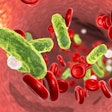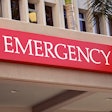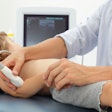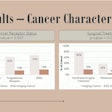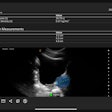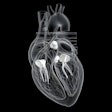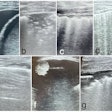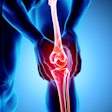A debate has broken out over whether a recent rise in thyroid cancer in children in Japan is related to the Fukushima Daiichi nuclear disaster -- or whether it's simply due to overdiagnosis as children near the site of the disaster are screened for the disease, according to an article in Science.
While the Fukushima nuclear accident generated headlines when it occurred in March 2011, scientists and healthcare providers have been unsure of the event's long-term impact on the health of people living near the reactor site. The article in Science notes that the accident did not cause a wave of radiation-related illness among the general public, stating that most of the radiation was blown out to sea.
One thing that has occurred is a spike in thyroid cancer cases among children and adolescents in the area, according to a study by Tsuda et al published in Epidemiology in October 2015. The researchers found thyroid cancer rates 50 times higher than the national average in Japan among those 18 years and younger.
But could the higher rates be a sign of overdiagnosis? According to the article in Science, some researchers are questioning whether the higher rates are due to a large-scale program using ultrasound to screen children living near the disaster.
Experts are questioning the methodology of the Epidemiology study, in particular its comparison of thyroid cancer rates in the Fukushima area, where screening is being conducted, to cancer rates elsewhere in Japan, where no screening is being performed. Epidemiology last month published a number of letters in response to the Tsuda study, including one written by 11 members of a World Health Organization working group on the health effects of Fukushima.
In another letter, a Japanese research group described how it used the protocol employed by Tsuda et al to scan more than 4,300 children in three widely distributed prefectures in Japan. The researchers found a number of nodules and cysts but only one cancer, resulting in a cancer prevalence rate that "does not differ meaningfully from that in Fukushima Prefecture," the letter stated.
The Science article concludes by citing the example of an ultrasound thyroid screening program performed in South Korea in 1999, which resulted in an explosion of thyroid cancer cases and treatment but no change in thyroid cancer mortality. A South Korean researcher discouraged routine thyroid cancer screening in a 2014 article in the New England Journal of Medicine.
